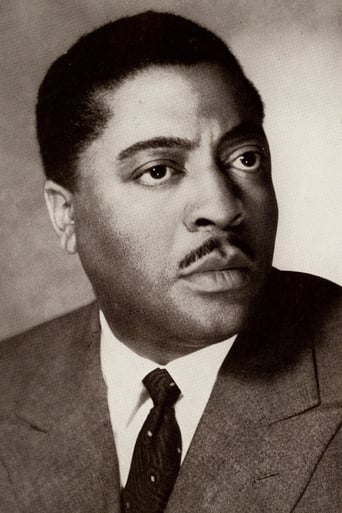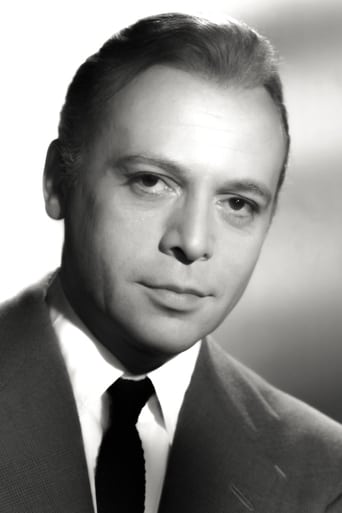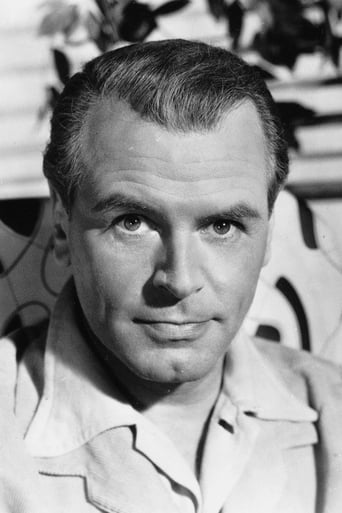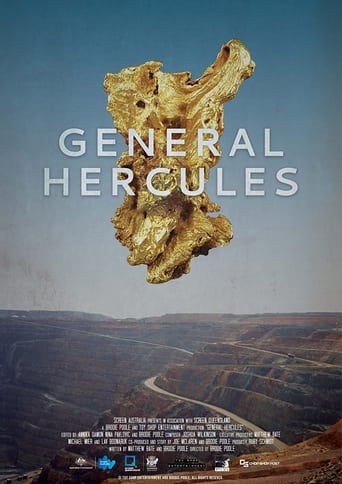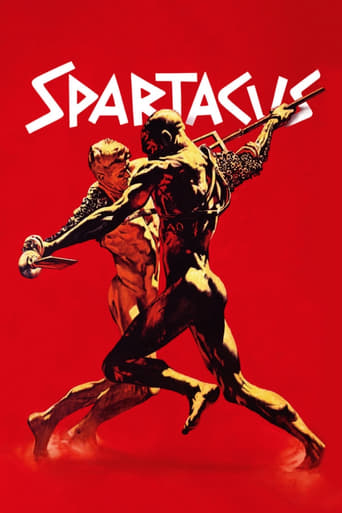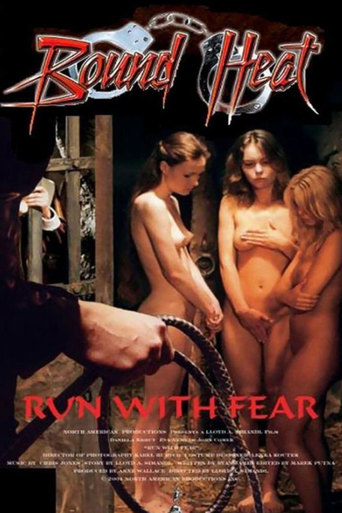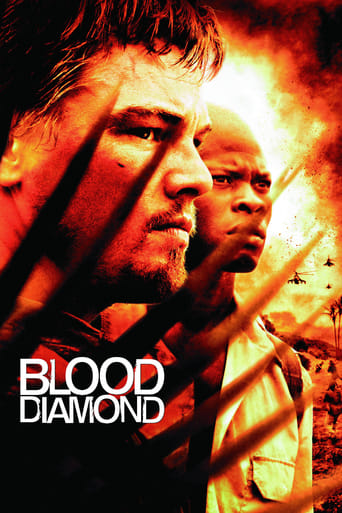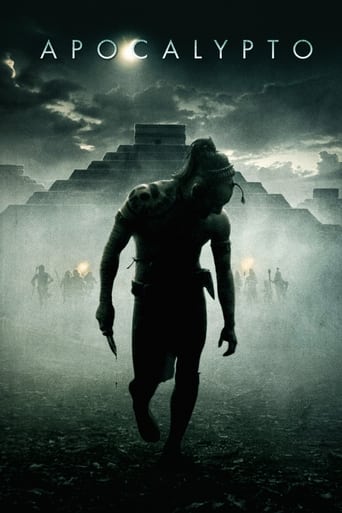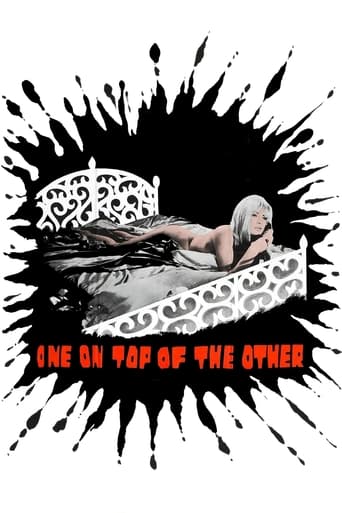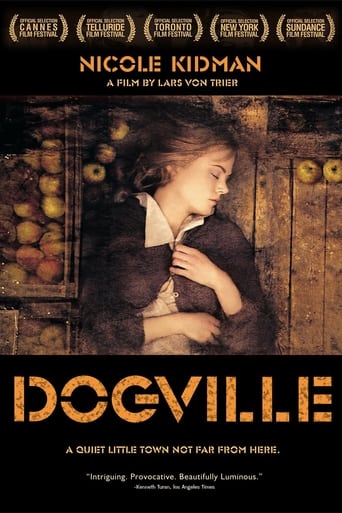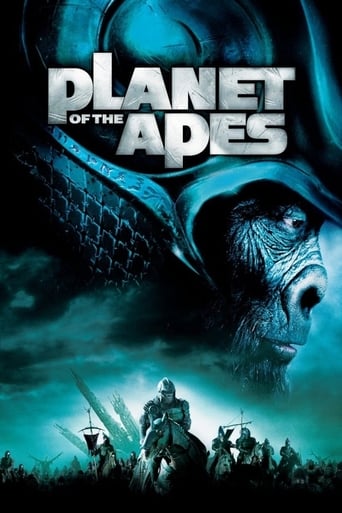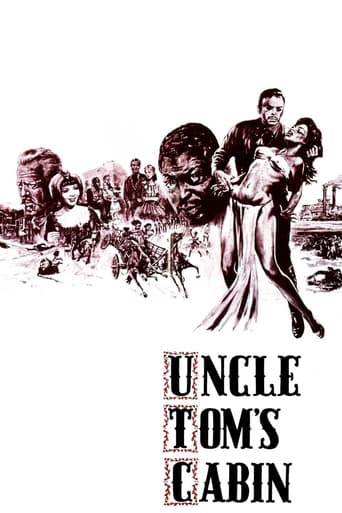
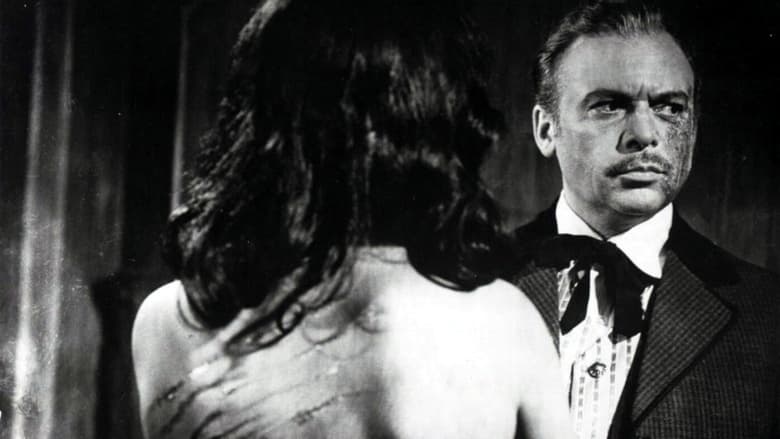
Uncle Tom's Cabin (1965)
In the pre-Civil War South, a sadistic plantation-owner brutalizes his slaves to the point of them heaving no other choice but to rebel. Always obedient, peaceful and honest old slave Tom plays a central role in this tragedy.
Watch Trailer
Cast


Similar titles
Reviews
When this German-Italian film production came to town in 1968 I sadly missed it and didn't get a new opportunity until now, when it was 50 years old, but its age has not impeded its impact. It was a sensationally positive surprise to observe how interestingly the book has been tampered with to make it an even better film. The book was certainly one of the most important and influential novels of the 19th century, and, as Lincoln said, it was what started the war; Leo Tolstoy ranked it as one of his favourites especially for its consequences, only books like 'Oliver Twist' and 'Les Miserables' had similar social effects, in all its roughness the book remains an absolute classic, and the film lives more than well up to it.The credits are many. The first one must go to John Kitzmiller, who makes a perfectly convincing Uncle Tom in an intensely warm and sustained human performance, and what a wonderful idea that he starts singing and has such a wonderful voice at that! The Negro Spirituals of the film greatly enhance its emotional pathos and add a glowing colour of aesthetic charm and human dignity to the film. He is seconded by Olive Moorefield as Cassy, whom the film successfully makes more of than the book, while Herbert Lom as the supreme villain Simon Legree, who is allowed to dominate the film from the very beginning, has never had a better time for a full range of his acting since he was Napoleon in 'War and Peace', the best Napoleon ever, by the way. The others fall in line and support the drama satisfactorily well.Max Ophuls would have loved this film for its wonderful details. The riverboat journey is a highlight, much effort has been given to reconstruct a perfect and intact 1850s environment in homes and towns, there is a marvellous sequence from old New Orleans with a circus and parade, there is a splendid tavern brawl, and where did they find that fascinating music box? I have never seen one so large. Another striking detail is the guest appearance of Juliette Greco, she didn't appear in many films and only exclusively, and while she appears you can't take your eyes from her fascinating character.The alterations from the book are on the whole well construed. That Legree is in from the beginning sets the drama off directly, the invented cause of little Eva's sudden death adds another interesting intrigue not at all implausible, Eliza's amazing escape never fails to impress both on screen and in the book, and it's a good idea not to let her come home until the very end, to at least give the end one good turn of relief.On the whole, this is a film that never reached its appropriate recognition, it is indeed worth discovering and loving, while at the same time it constitutes an enriching and well deserved compliment to the book.
"Run's house" if you have listen to some old RUN DMC classic hit. But in this case it's Uncle Tom's house ... although it's also not quite his, him being a slave and all ...But let's rewind and start off with the fact, that this is based on the very popular novel. That it is a European production and that I can't tell how true to it's source material it is. My feeling says, that's it's not going "by the book". But it's only a feeling. What I can say for certain, is that I had mixed feelings, watching this movie and even afterwards. I'm pretty sure that was intended, but it still got to me. And unfortunately it's not that this feeling makes me view the movie with better eyes. Even if you haven't read the book, the title should ring some bell and if you like the ring of it, than watch it, it's worth-while, though not a classic.
Uncle Tom's Cabin is my most favourite novel ever. It is reasonable that I've been at quest to find a film version that can do it some justice.Unfortunately, I was thoroughly disappointed with this movie. While it may retain some semblence of the outer shell of the story along with a few character names, the vital core of the story is entirely changed. I would challenge any film company to depict this story faithfully.It must also be pointed out that while the characters are in themselves ficticious, most of the events in the book actually happened.The actual story is so magnificent that I shall not write any major spoilers here, albeit one or two necessary to discuss. The real ending however, of which the movie totally replaced, must remain a closely-guarded secret, reserved only for those who brave the book.The original story was intended to argue Christian values against the cruel and inhuman system of slavery at the time. It is therefore intensely fundamental in its Christian basis.Tom is a committed and devoted Christian, unswervable in his absolute faith despite intense oppression. He has a well-worn Bible that he reads at any opportunity, and regularly proclaims the Gospel with almost everyone he interacts. Evangeline, who is only five years old in the book, is likewise if not more so. There was no event anywhere in the book of Tom encouraging others by singing. Rather, it is always by evangelism and prayer. (That revolting substitution was an unforgivable degradation to his character.) And it is little Eva who is able to spiritually penetrate the stonehearted and belligerent child-slave Topsy with the meaning of divine love, that chapter in the book being one of the most remarkable of all.This movie deletes the Christian themes entirely. The one scene which makes a vague mention of it is not found anywhere in the book. (Spoiler) In fact, the movie wrongly shows Tom being injured in a wagon accident, when in the book he was physically beaten to death by Legree for withholding intelligence on Cassy's whereabouts, for he would "not betray the innocent." The martyrdom in the story is tremendous and very tragically discarded in this movie. And Cassy's real hiding place was far more ingenious and exciting than the way it was shown in this cowardly film.The story really follows two paths: Tom who is sold south because of his master's debt and Eliza who makes a desperate break for freedom to protect her child whom she learnt had been sold as well. Eliza's infamous river crossing, (which is historically true), was terribly underplayed in this movie. In the book, she had taken refuge at a small inn by the Ohio River in Kentucky, looking for a way to cross. When several slave catchers bore down on her location, she took up her five year old child, scrambled down the riverbank and made a desperate flying leap over about ten feet of turbulent current onto an ice floe, which pitched wildly under her weight. Upon reaching the Ohio side, a neighbour she knew helped her up the bank and led her to some abolishionists with the Underground Railroad. Then with the assistance of Quakers was reunited with her fugitive husband enroute to Upper Canada. This movie very wrongly shows Eliza travelling into the deep south to be hidden by Cassy. This is strongly contradictory to the story and doesn't even make sense.The one positive comment I can make is that it appears as though some effort was put into the sets and costumes. It is only tragic and wasteful that the story was not better preserved.So in summary, this movie makes a weak attempt to tell a grossly modified version of the story, while it cowers away from its core themes and real exulting climax.(I welcome feedback from any fans of the book who want to discuss the story! I am rather passionate about it.)
I saw this film some 30 years ago. Yet I rate it as an unusually interesting film 30 years later because of the marvellous songs and the interesting use of modern shots of the skyscrapers at the beginning of the film. While the film is true to Harriet Beecher Stowe's story, the director's implicit comparison of the past and present America (skyscraper skyline shown during the credits) is interesting. Eartha Kitt's song at the end is unforgettable. The film is distinctly European (the director is Hungarian) in style and the story and songs could merit a re-release. Herbert Lom is notable among the actors. Many versions of the film exist but watch the version with Eartha Kitt's singing the song with the end credits.


